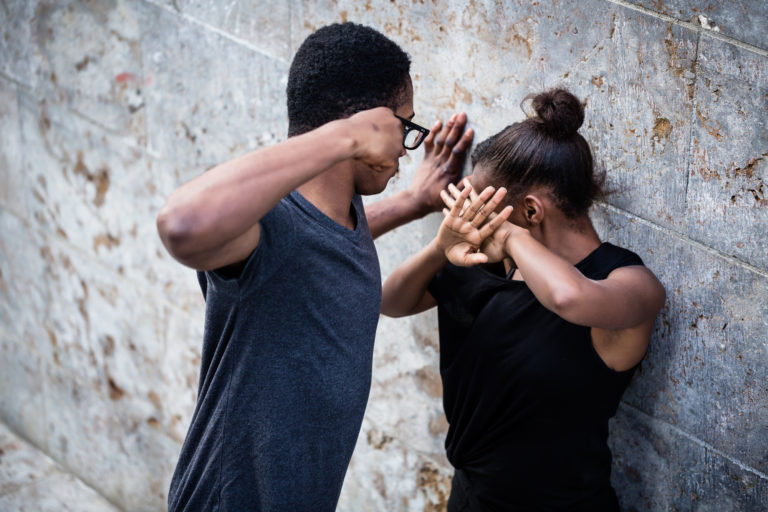This common scenario is why researchers from the University of Western Ontario in Canada aimed to find out whether there are indicators that reliably precede and predict intimate partner violence — physical, sexual or psychological violence enacted by people toward their romantic partners, according to a study published Monday in the journal Social Psychological and Personality Science.
“It’s one of the very first studies to identify behaviors which are predicting abuse but are not themselves abusive,” said the study’s lead author Dr. Nicolyn Charlot, a researcher associated with the psychology department of the University of Western Ontario. “Violence doesn’t typically appear super early on. It’s rare that you go on a first date and experience intimate partner violence.
“By the time that violence is happening, people are often invested in their relationships,” Charlot added. “Leaving can be difficult. So, my idea with this study was that if people were able to see red flags, warning signs, in advance of becoming invested, of moving in, of whatever — that might let them kind of take a minute to reevaluate the relationship, to proceed more cautiously, before that violence occurs.”
From a review of existing research, the authors derived a list of 200 non-abusive and abusive thoughts, feelings and behaviors. In a study with 355 participants, the authors narrowed their list to 16 warning signs that predicted violence that occurred within six months — many of them having to do with entitlement, arrogance, control and emotional immaturity.
“A lot of times when we’re in these patterns and relationship dynamics, it feels like we’re the only ones that are experiencing this, like something is wrong with us,” said Dr. Duygu Balan, a psychotherapist specializing in trauma and attachment wounding in the San Francisco Bay Area. Balan was not involved in the study. “One of the takeaways (of this study) and why it’s important, is that it normalizes it.”
Early warning signs of domestic violence
If you’re experiencing any of the following behaviors the study identified, you may be at risk for being abused later — especially if any of them are done repeatedly, or if you’re often seeing more than a few at a time, Charlot said:
1. You and your partner have sex even though you’re not in the mood.
2. You feel like you can’t say no to your partner.
3. Your partner doesn’t admit when they’re wrong.
4. Your partner compares you to other people.
5. Your partner reacts negatively when you say no to something they want.



